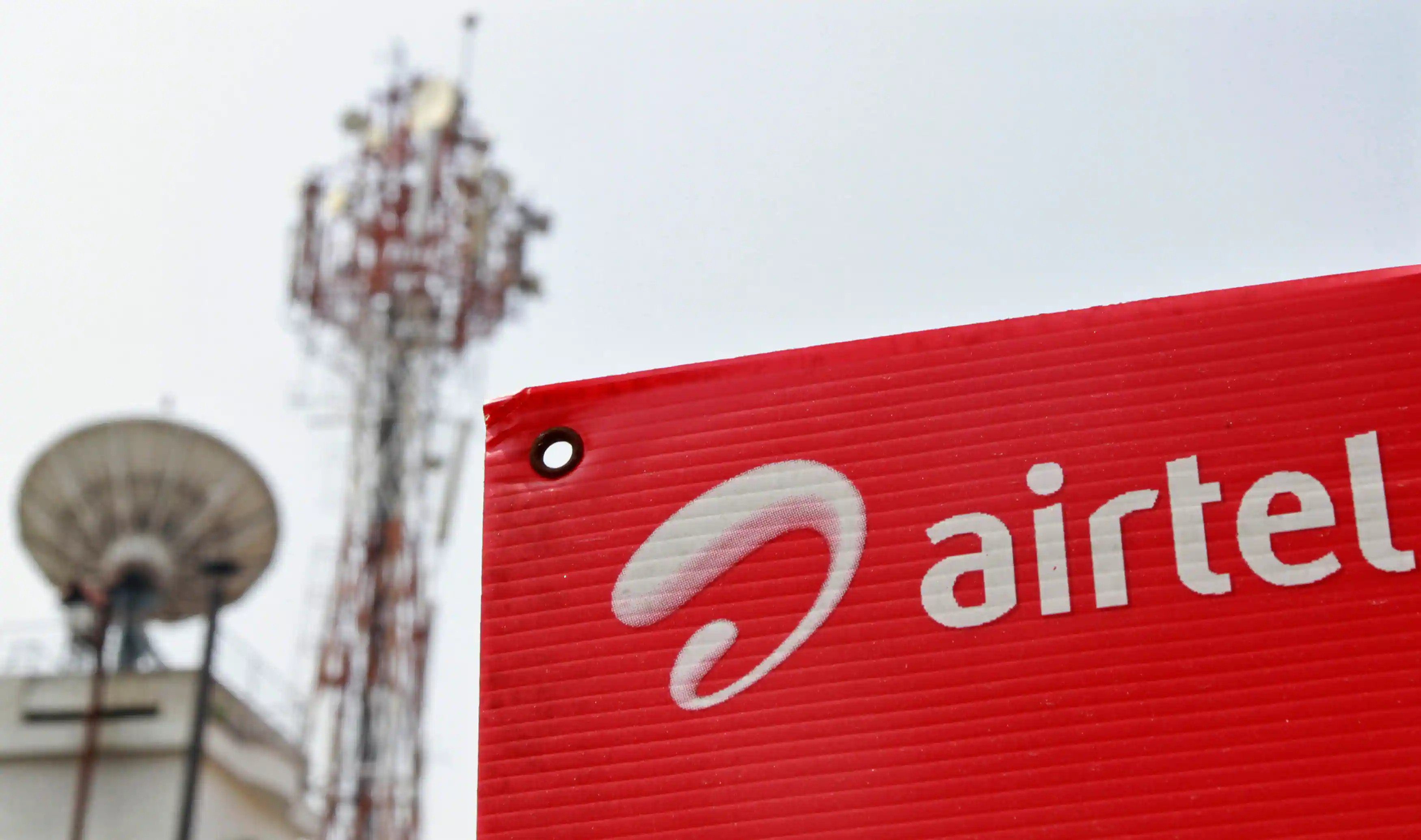The Central Bank of Nigeria (CBN) has raised the monetary policy rate (MPR), which measures interest rates, to 17.5%. The Monetary Policy Committee made the decision, voting to raise the benchmark interest rate by 100 basis points. In addition, the committee voted to keep the cash reserve ratio (CRR) at 32.5% and the liquidity ratio at 30%.
The Monetary Policy Committee (MPC) is the decision-making body for monetary policy under the inflation targeting system, while the monetary policy rate (MPR) is the baseline interest rate in an economy, upon which all other interest rates are based.
Godwin Emefiele, the governor of the apex bank, made this announcement today during a community meeting. The committee, according to him, also decided to keep the asymmetric corridor around the MPR between +100 and -700 basis points.
This is the fifth time the CBN has raised the interest rate since 2022. The MPR was raised by the apex bank four times in a row from 11.5% to 16.5% in 2022. However, the CBN claimed that these earlier hikes had led to a modest decline in inflation, as the rate dropped from 21.47% to 21.34% in December.
Read Also: CBN fines 6 commercial banks ₦1.31bn for cryptocurrency transactions
Will the new CBN’s MPR reduce the inflation rate?


There is no doubt that the MPC rates affect the way money is in circulation and conclusively, the inflation rate. In fact, the inflation rate before the CBN policy to introduce the new naira notes was consistently moving in an upward trend.
However, we have seen some minor improvements over the last few months since the policy was introduced, coupled with the decision of the MPC during the last meeting in November to increase the MPC rate.
The CBN subsequently claimed that these hiked interest rate has led to a modest decline in the country’s inflation. In November 2022, the Nigerian inflation rate rose to 21.47% from 21.09% which was recorded in October. According to Nairametrics, this is the highest level it has increased to since September 2005 when the rate stood at 24.32%.
However, in December, the inflation rate dropped from 21.47% to 21.34%. after the Monetary Policy Committee increased the rate to 16.5%. This might also be due to the decision of the CBN to introduce new naira notes thereby, flushing out the excess circulation of the old note.
With these consistent increases in the MPC rates by the committee, Nigerians are either expected to witness a further decrease in the inflation rate, or they might end up having a worsened economy which results in lower investments as banks begin to charge these high rates.
Should Nigerians be bracing for an economic decline through this decision? It remains to be seen whether the re-pool effect of the decision to hike the MPC rate further would result in the worsening of the aggregate demand in the economy.
However, Nigerians are advised to pay closer attention to their spending and borrowing in these next months, even as the CBN tries to curb the economy of excess supply of the naira notes through the withdrawal limit, the apex bank recently introduced.
Read Also: Cash swap programme: CBN chooses 5 banks, bars Abuja, Lagos PoS operators






